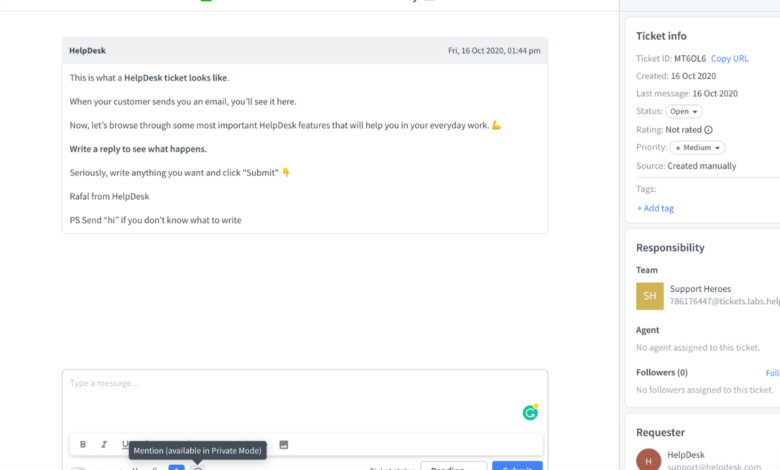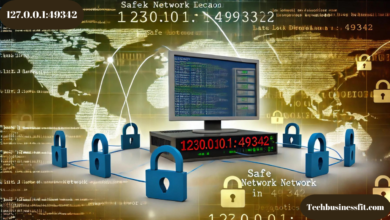Understanding Private Notes

Private notes have become an essential tool in various contexts, including personal, educational, and professional environments. They are utilized to store sensitive information securely and are often shared with a limited audience. This article will explore the concept of private notes, their significance, and the various ways they are created and used.
Definition of Private Notes
Private notes are defined as written records that are intended for limited access. They are characterized by their confidentiality and are often protected by various security measures. In many instances, private notes are created to document thoughts, ideas, or information that should not be widely disseminated.
Purpose of Private Notes
The primary purpose of private note is to provide a secure means of information storage. In educational settings, students often use private notes to keep track of lecture information or personal reflections. In professional environments, employees may use them to record confidential project details or sensitive discussions. The need for privacy drives the creation of these notes.
Methods of Creating Private Notes
Handwritten Notes
Handwritten notes have been utilized for centuries as a means of capturing information. This traditional method is often favored for its simplicity and the personal touch it provides. While written notes can be easily stored, their privacy is sometimes compromised if not kept in a secure location.
Digital Notes
In recent years, the use of digital notes has surged. Various applications and software have been developed to facilitate the creation and organization of private notes. These digital platforms often include security features such as password protection and encryption, enhancing the privacy of the information stored.
Cloud-Based Notes
Cloud-based note-taking solutions have gained popularity due to their accessibility. Users can create private notes that are stored remotely and can be accessed from various devices. While convenience is offered, users are often reminded of the importance of ensuring that adequate security measures are in place to protect sensitive information.
Features of Private Notes
Security
Security is a paramount feature of private notes. Whether they are handwritten or digital, measures must be implemented to protect the information. Passwords, encryption, and secure storage locations are commonly employed to safeguard the content from unauthorized access.
Accessibility
Accessibility is another important aspect. Private notes should be easy to retrieve when needed. In digital formats, user-friendly interfaces and organizational tools are provided to help users locate their notes efficiently.
Customization
Customization options are often available in digital note-taking applications. Users can tailor their notes to meet their specific needs, such as choosing fonts, colors, and layouts. This flexibility enhances the user experience and allows for personal expression.
Benefits of Using Private Notes
Enhanced Privacy
The most significant benefit associated with private notes is the enhanced privacy they offer. Sensitive information can be recorded without the fear of it being exposed to unintended audiences. This is particularly valuable in educational and professional settings, where confidentiality is crucial.
Improved Organization
Private notes can aid in improving organization. By allowing users to categorize and label their notes, the risk of losing important information is minimized. In both digital and handwritten forms, effective organization contributes to better time management and productivity.
Increased Focus
The act of writing private notes encourages focus. When thoughts and ideas are documented privately, distractions can be reduced, leading to more meaningful reflections and insights. This can be especially beneficial for students during study sessions or professionals during brainstorming meetings.
Challenges Associated with Private Notes
Risk of Loss
One challenge associated with private notes is the risk of loss. Handwritten notes can be misplaced or damaged, while digital notes may be lost due to technical issues or accidental deletion. Regular backups and secure storage practices are essential to mitigate this risk.
Over-Reliance on Technology
In a digital age, there is often an over-reliance on technology for note-taking. While digital solutions offer convenience, they can also lead to issues if users do not understand how to navigate the applications effectively. Training and support may be necessary to ensure users can make the most of digital note-taking tools.
Potential for Misuse
The potential for misuse of private notes exists, particularly in professional settings. Unauthorized individuals may gain access to confidential information if proper security measures are not enforced. Organizations must implement robust protocols to protect sensitive data.
Best Practices for Managing Private Notes
Regular Review
Regular reviews of private notes should be conducted to ensure that the information remains relevant and accurate. This practice can help in identifying outdated or unnecessary notes that can be deleted or archived.
Secure Storage
Secure storage solutions must be utilized for both handwritten and digital notes. Handwritten notes should be kept in locked locations, while digital notes should be stored in secure applications with strong passwords and encryption.
Backup Procedures
Backup procedures are essential for protecting digital notes from loss. Regular backups should be made to ensure that information can be recovered in the event of a technical failure. Cloud services often provide automated backup options, which can be beneficial.
Private notes play a significant role in maintaining confidentiality and organization across various contexts. Their benefits, including enhanced privacy, improved organization, and increased focus, make them invaluable tools for individuals and professionals alike. However, challenges such as the risk of loss and potential for misuse highlight the importance of implementing best practices for managing these notes. By understanding the various aspects of private notes, individuals can maximize their effectiveness while ensuring that sensitive information remains secure.




